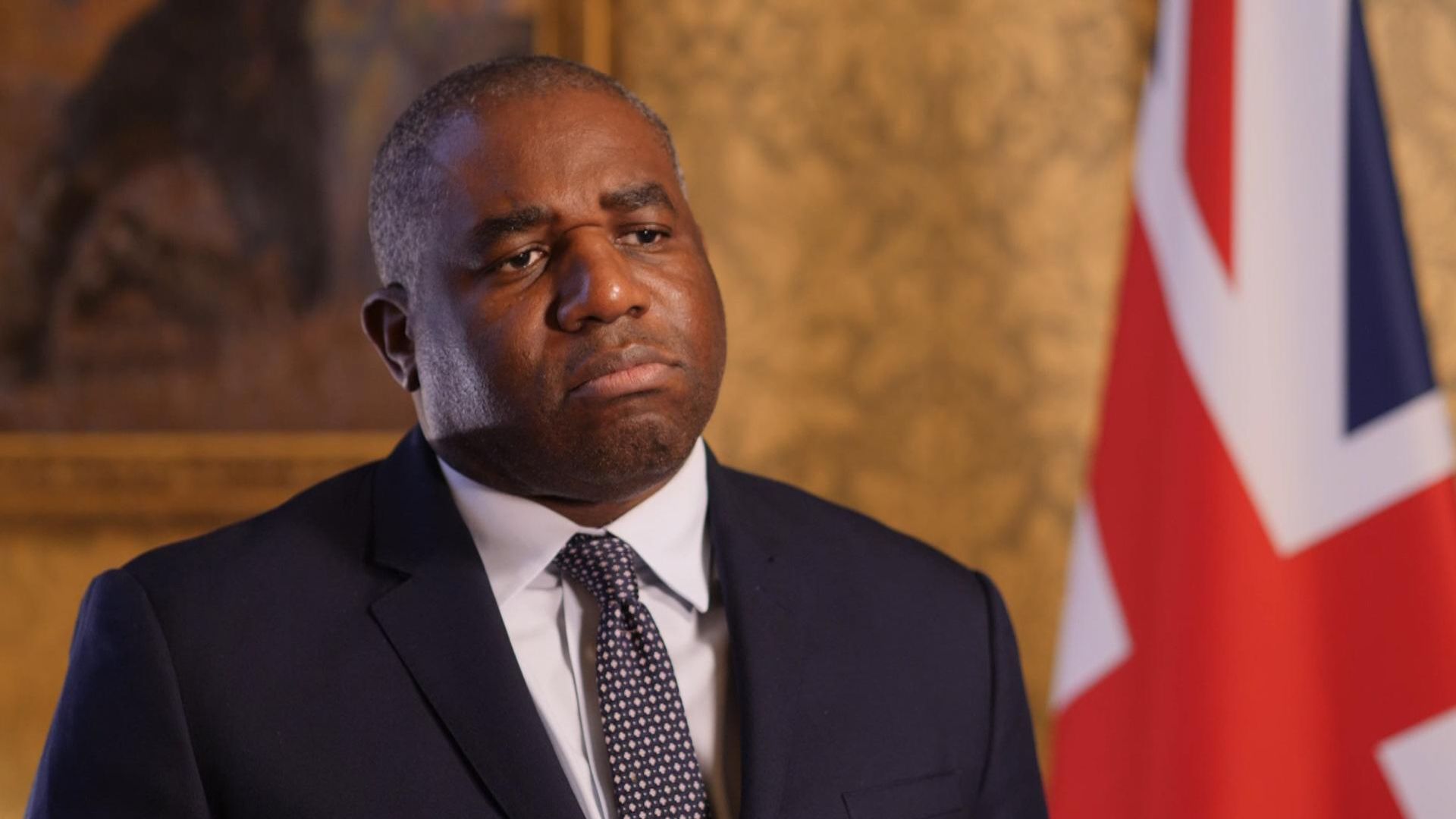
True to the nature of this topic, several of you joined the conversation about catch and release fishing in Maine’s lakes and ponds through the comments associated with the piece we published on Monday on the subject.
You explained some things for the rest of us, such as how native anadromous alewives used to be found up and down the coast until dams were installed on the rivers and removal of some dams has restored fish to places like the Penobscot River. And that invasive fish entered our system through efforts by the state, individual people and sporting clubs.
You brought up some other interesting points we would like to share.
“The environmental concerns specified in the article are a big issue. The warming of our waters is another. Maybe we ought to address these more aggressively. Or in some cases, acknowledge that they are a problem.”
— GPMPER
“A sizable proportion of caught and released fish will die anyway due to injury or the shock of being caught in deeper cold water and hauled up (and played) through warmer surface waters.”
— Reg_Maine_Guide
“You forgot the muskies, which were an accidental ‘gift’ from our Quebec neighbors. They and the non-native species you mentioned will be removed only by another Ice Age and there doesn’t seem to be one anywhere on the horizon. (Muskies) have decimated if not totally eradicated brook trout from the Saint John River all the way from Baker Lake to St. John, New Brunswick, not to mention Beau and Glazier lakes on the border.”
— Reg_Maine_Guide
“The only solution to solving Maine’s ecosystem problem is to pull all the non-natives and release all the natives back to the water body. Simple solution. Those non-native fish were stocked to be caught at the expense of the natives. By ‘pull’ I meant no catch limit and don’t release them.”
— Skye-Ocean
“It’s not as simple as you seem to think to ‘pull all of the non-native species.’ That requires killing all of the fish in the pond, letting it rest, then restocking with native stock from brooders which were previously caught for that purpose. While that can and has been done in smaller ponds, doing it on a lake the size of Sebago or Moosehead would be nearly impossible. Then there’s East Grand and Spednic which are not only river-fed but international waters. The logistics are astronomical.”
— Theywontresetmypassword
Here’s another side of that argument:
“That means that we ‘pull’ all the largemouth bass, smallmouth bass, white perch, brown trout, rainbow trout, and crappie just to name a few non-native fish. That will be a tough, in fact a very, very tough sell, to the many who reside and who fish, in our beloved State of Maine!”
— maineilove
“It is tragic about the brookies on the St. John River and surrounding lakes, but there are groups of positive and active locals, who are taking those ‘lemons and making lemonade’ … muskie derbies, muskie tournaments, muskie fests, etc.”
— maineilove











